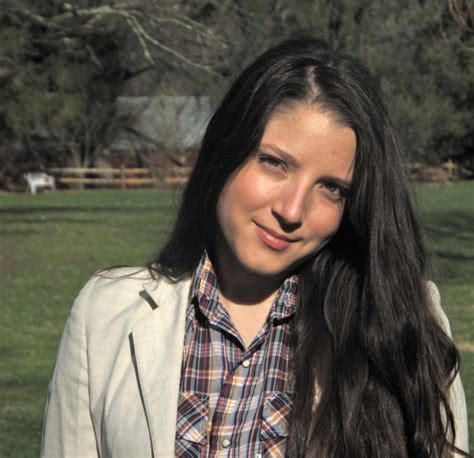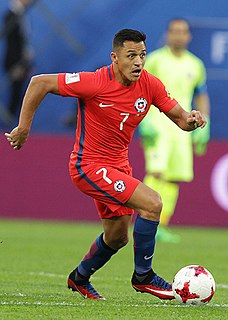A Quote by John Irving
The principal event of my childhood was that no adult in my family would tell me who my father was.
Related Quotes
I always looked forward to being an adult, because I thought the adult world was, well—adult. That adults weren’t cliquey or nasty, that the whole notion of being cool, or in, or popular would case to be the arbiter of all things social, but I was beginning to realize that the adult world was as nonsensically brutal and socially perilous as the kingdom of childhood.
The role you've been ascribed in childhood can twist or break apart or seem outgrown, especially when you have your own family and begin to see your own childhood from a different angle. You remember. You reassess. I think that was the kernel of the novel for me. This idea that you change but that your family, the people you were born into, might find that change hard to accept. You no longer fit the mold you've always been ascribed. When the adult children in the book converge back on their small family home there's a sense that they don't fit there anymore.
This is not remarkable, for, as we know, reality is not a function of the event as event, but of the relationship of that event to past, and future, events. We seem here to have a paradox: that the reality of an event, which is not real in itself, arises from the other events which, likewise, in themselves are not real. But this only affirms what we must affirm: that direction is all. And only as we realize this do we live, for our own identity is dependent upon this principal.
The angels started visiting and helping me as far back as I can remember. I was lonely a lot in my childhood and the angels would come and comfort me, and help me to feel better, and at the same time they would also take me to places. I literally mean they would take me on a journey and tell me things.
My father was raised by a violent alcoholic. There was alcoholism in my mother's family. I'm half-adopted, and my birth father was a drug addict and alcoholic. So, I think they very consciously made decisions and parented me in a way that was aimed to help save me from that. So, I knew it would be particularly painful and it was, especially for my father.
Family really meant almost nothing to me for many years but then, to my enormous surprise, when I met my partner James I found myself re-engaging and re-connecting. My mother died in 1977 but I got to know my father as an adult, and he got on well with James. A rapprochement with my whole family followed.






































